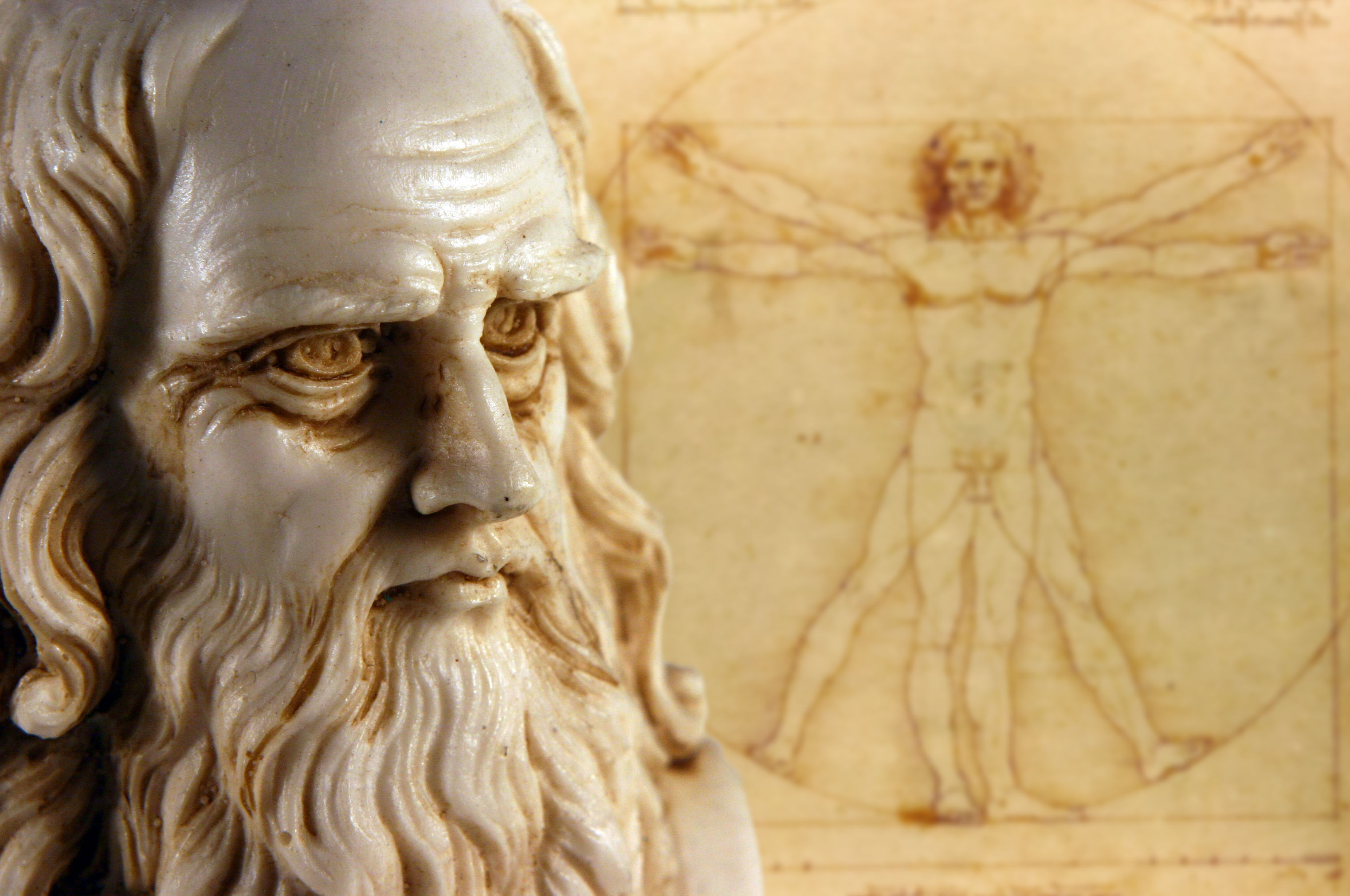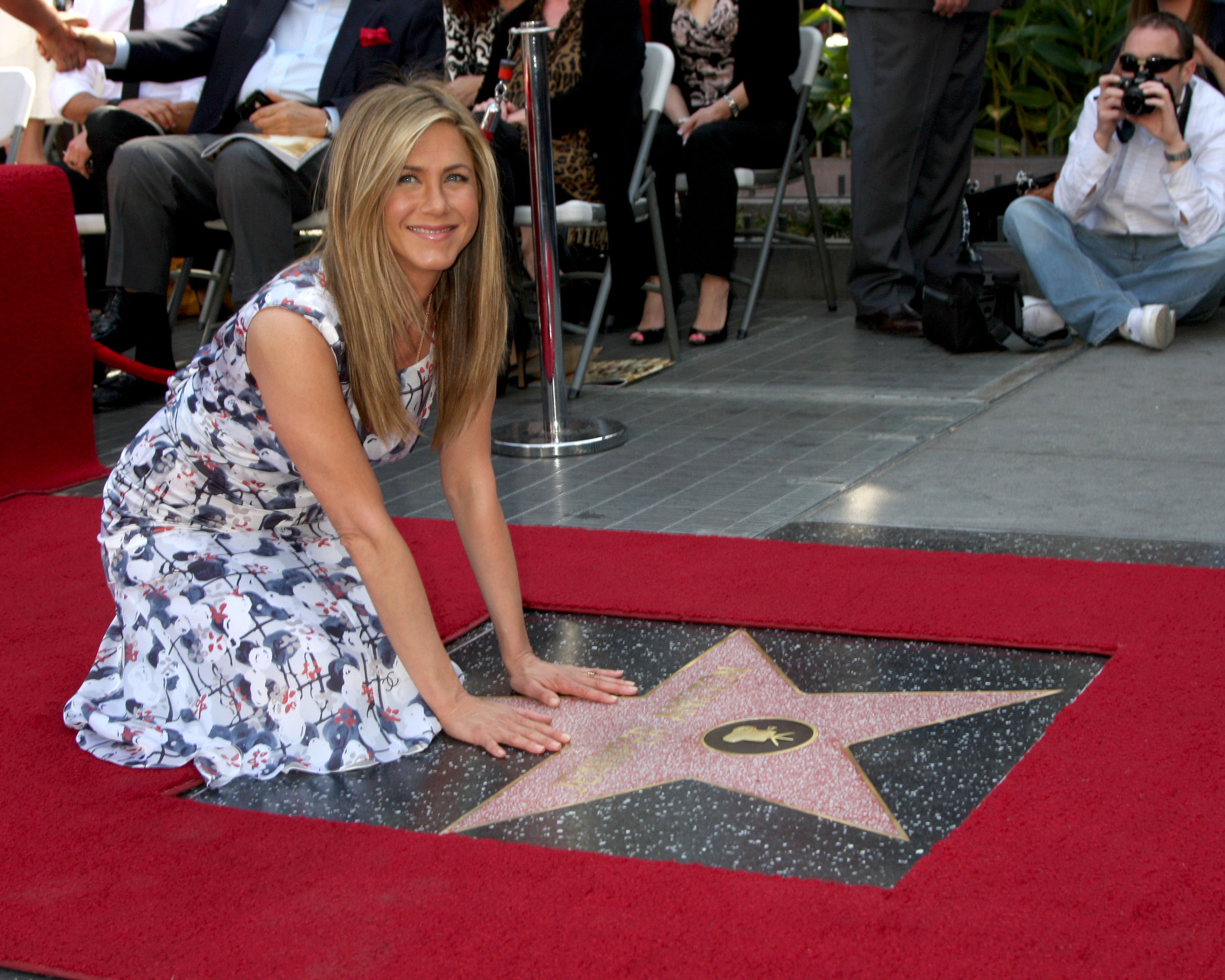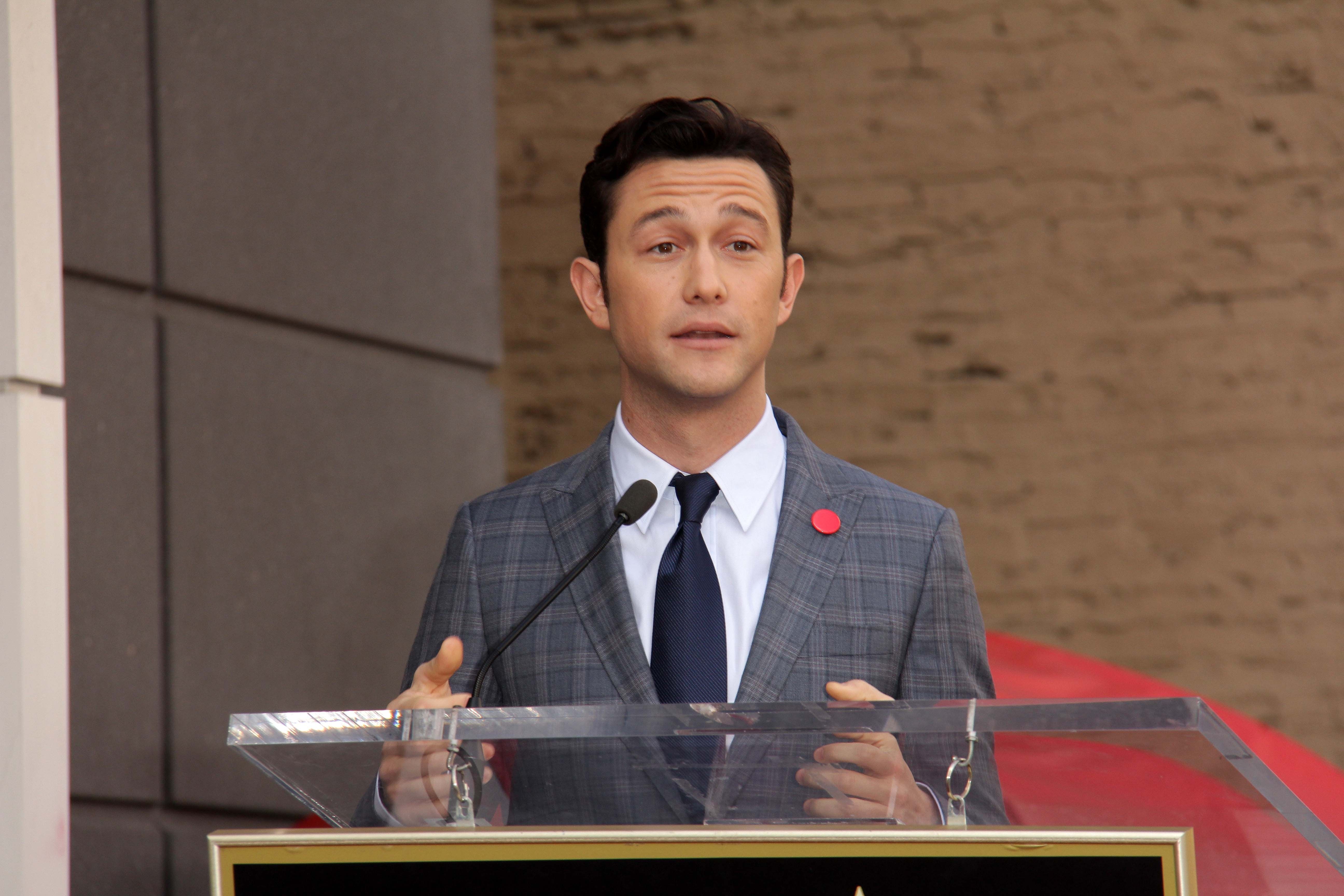5 Famous People Who Journal (& Why You Should Too!)
Welcome back to another article where we talk about the Holy Grail method, the tried-and-tested process, the ultimate guide to achieving a well-balanced life through journaling. We often mention the benefits of journaling and journal therapy, and of course, we always come to you with the highest sources and fact check everything, so you receive the best guidance. However, this time, we'll let other people do the convincing for us.
Welcome back to another article where we talk about the Holy Grail method, the tried-and-tested process, the ultimate guide to achieving a well-balanced life through journaling. We often mention the benefits of journaling and journal therapy, and of course, we always come to you with the highest sources and fact check everything, so you receive the best guidance. However, this time, we'll let other people do the convincing for us.
Many celebrities and famous personalities love to journal and take it very seriously. This is more than enough proof you need to acknowledge the fact that journaling is for everyone, and there is no one right way to do it. If people who can afford thousands of dollars in treatments and therapy prefer something as simple and perfectly quaint as journaling, you should consider it! And why not? Journaling works. Before we dive into the journal journeys of some of the world's famous, let's talk about journal therapy itself.
Therapeutic Journaling: Why It Works
The process of noting down our thoughts, emotions, and experiences is known as therapeutic journaling.
It's not the same as keeping track of daily occurrences in a journal, which many of us are undoubtedly familiar with. Therapeutic journaling is about going a little deeper; it's about writing in a way that helps us make sense of our inner experiences, learn, and get new perspectives on our problems. Writing about our feelings and thoughts allows us to communicate them to assist us in overcoming obstacles and moving forward.
Journaling can help those dealing with symptoms of common mental health issues like stress, anxiety, depression, personality disorders, and through difficult transitions in life etc. It can also be utilised to supplement the progress made in talking therapy. Furthermore, therapeutic writing has even been demonstrated to benefit persons dealing with physical health issues such as chronic illnesses.
Now that you have our word for it, let's look at a few celebrities who also use journaling as a therapeutic treatment and creative outlook.
Leonardo Da Vinci
The epithet "genius" is often used to describe Leonardo da Vinci. He was a well-known painter, architect, sculptor, and inventor whose concepts were far ahead of their time. Many of his surviving pieces may now be found in major museums and galleries worldwide. Da Vinci kept meticulous records of his ideas, inventions, and research during his lifetime. An estimated 7,000 pages from those journals have survived to this day.

According to access documents, he began keeping journals when he was 26 years old and continued to write an average of 3 pages per day until he died in 1519 at the age of 67. You may think that it was probably essential to keep a journal back in Da Vinci's time, what with the lack of technology to store data in other forms. However, when we take into account the detail and depth of these journals, we realise that this was a tool he often used to advance his knowledge both intellectually and spiritually. It was more than writing down things so he could use them later.
Trying to figure out how Da Vinci kept his notebook may seem as futile as trying to clap with one hand at first. How do you try to recreate the writings of someone whose name is synonymous with brilliance?
Even if you and I don't have the intellectual gifts (or motivation) to paint like him, I believe the observation can still bring fruit. He did something well in the manner he used and stored his journals. Therefore it's worth attempting to figure out what it was.
Leonardo spent the majority of his time working as an engineer and architect, but his notebooks show that he used them as a tool — a means to an end for mastering the task at hand. So, no matter what stage of life you're in – parent, student, intellectual, or soul-searching – you can and should use the diary in the same way and, like da Vinci, adapt it to your shifting interests and psychology.
Jennifer Aniston
Or should we title it as "The One With The Journal"? Yes, you're favourite on-screen actress from the 90s, and subsequent 2000s loves to journal. Jennifer Aniston is said to have utilised her diary as a source of therapy throughout her life. Since the age of 13, the 52-year-old actress has written down all of her grievances and concerns.
Since she was thirteen years old, she has kept diaries and thinks of them as her treatment appointments. They're all just plain leather journals that she keeps in a safe at home. She dissects every boyfriend, relationship, friendship, work, and family on those pages. Even though she rarely reads her old journals, they still provide the perfect space to appropriately curate her thoughts and feelings.

"I believe it is cathartic for her to write everything out in detail, get it off her chest, and then turn the page and go on," says a source.
This remark also reminds us that diaries may be personalised - they're used to reflect on our thoughts, feelings, and ideas, not only to produce brief lists of activities for work or school. Journaling has the additional benefit of helping you become more conscious.
Frida Kahlo
Frida Kahlo's life was reflected in her art. An examination of her artwork in chronological order reveals the events that shaped her life: her passions, motives, frustrations, and goals. For her, the painting was a form of catharsis. Writing and keeping a diary, on the other hand, helped her create a relationship with herself and discover a method to communicate her suffering during the last ten years of her life.
Frida discovered that writing, like painting, was useful not just for interacting with her family and friends—as seen by her letters—but also for connecting with her thoughts, articulating her views about her artistic practice, and expressing her physical and mental fears and pains.

She also wrote down her thoughts and feelings about her physical condition, such as the discomfort she felt in her polio-affected limb.
The drawings and watercolours in her diaries, unlike her paintings, indicate a creative urge that was not pre-planned but rather a spur of the moment release.
In short, Frida used journaling for its highest purpose, to feel better. This is precisely why we advocate journaling as a proper form of therapy.
Emma Watson
"I think your thoughts are so much less frightening when they're tangible when you can see them on a page in front of you," says Emma.
She has always stored and collected things, and the idea of journals has always intrigued her. She keeps at least ten separate personal diaries: a dream diary, a yoga diary, diaries on people she has met and things they've said to her, and advice they've given her.

However, why does Watson keep so many diaries? According to the actress, they've become a safe environment for her to explore her creative side. Dairying fascinates us in the same way that self-reflection does, the gradual unfolding and slow speed of our thoughts as we go through life. When Watson gets upset, she meditates and writes in a journal.
Watson has one of the most famous faces on the planet, so it's understandable that she needs safe settings to be herself. But it's not just her. We all need to have a safe space that we can vent into without being judged by the world's eye.
Joseph Gordon-Levitt
Joseph Gordon-Levitt, a well-known actor, considers keeping a notebook vital to his development and success. He's gone through many phases of journaling for self-reflection when dealing with life's obstacles as he transitioned from actor to director. Introspection, growth, and evolution are all dependent on self-reflection. He just does it and doesn't think twice about it.

Joseph Gordon-Levitt valued self-reflection as he became more conscious of technology's enormous influence even as a child. He then used that self-reflection in his journaling for a better outcome.
"I like to write. I've gone through different phases in my life of writing in a journal more or less frequently, but it's something I turn to, especially when I'm trying to work through something that's vexing me." Joseph says.
He has also mentioned that journaling helps him think more clearly and come to new answers or conclusions. He's absolutely right. Journaling can help put the chaos in your head into order and start seeing things more clearly.
Journaling is a wonderful habit to get into. It requires little effort and provides several health and well-being benefits. We hope that these notable persons who kept notebooks may inspire you to keep a journal of your own. To make things even more convenient, you can sign up to access a daily online journal on our website.
